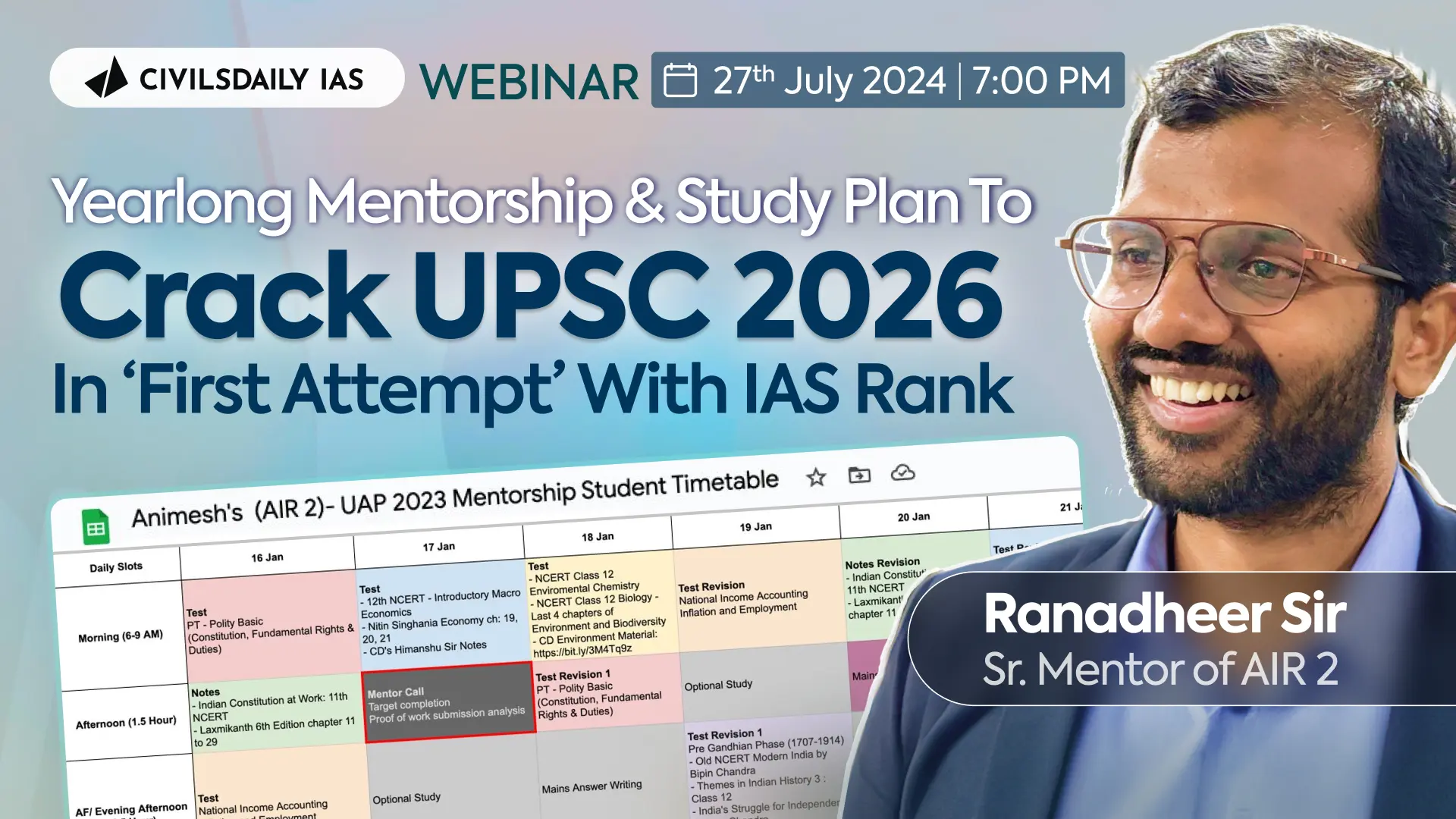From UPSC perspective, the following things are important :
Prelims level: Article 142 (1)
Mains level: Paper 2- Issue of judicial appointments
Context
For the first time ever, the Supreme Court Collegium led by the Chief Justice of India (CJI) recommended/selected as many as nine persons at one go to be appointed to the apex court.
Significance of the move
- It is a happy augury that the present CJI, Justice N.V. Ramana, could, along with his colleagues in the Collegium, select the judges within a short period of his assumption of office.
- It is a tough task to build a consensus around one person or a few persons, the CJI being the head of the Collegium, has an unenviable task in building that consensus.
- Therefore, it can be said without any fear of contradiction that the job of selecting as many as nine judges for appointment to the Supreme Court was done admirably well.
- The latest resolution of the Collegium gave effect to the multiple judicial pronouncements of the top court on the subject.
- The selection of three women judges, with one of them having a chance to head the top court, a judge belonging to the Scheduled Caste and one from a backward community and the nine selected persons belonging to nine different States, all point towards an enlightened and unbiased approach of the members of the Collegium.
- A needless controversy is sought to be raised by a section of the media about this round of selection citing the non-existing ‘Rule of Seniority’.
Various norms to be followed in judicial appointment
1) Consideration of merit
- Article 142 (1) contains the concept of ‘complete justice’ in any cause or matter which the Supreme Court is enjoined to deliver upon.
- So, while selecting a judge to adorn the Bench, the fundamental consideration should be his/her ability to do complete justice.
- In the Supreme Court Advocates-on-Record Association and Another vs Union of India (1993), the Court spelt out the parameters within which to accomplish the task of selecting candidates for appointment to the higher judiciary.
- The most crucial consideration is the merit of the candidates.
- The merit is the ability of the judge to deliver complete justice.
2) Plurality
- The nine judges who decided the above case were quite aware of these compelling realities.
- So, they said, “In the context of the plurastic [pluralistic] society of India where there are several distinct and differing interests of the people with multiplicity of religions, race, caste and community and with the plurality of culture, it is inevitable that all people should be given equal opportunity in all walks of life and brought into the mainstream.”
3) Transparency
- India is perhaps the only country where the judges select judges to the higher judiciary.
- It is, therefore, necessary to make the norms of selection transparent and open.
- In 2019, a five judge Bench of the Supreme Court, of which the present CJI was also a member, laid emphasis on this point.
- The Bench observed: “There can be no denial that there is a vital element of public interest in knowing about the norms which are taken into consideration in selecting candidates for higher judicial office and making judicial appointments”.
Thus, the essence of the norms to be followed in judicial appointments is a judicious blend of merit, seniority, interests of the marginalised and deprived sections of society, women, religions, regions and communities.
Consider the question “What are the various norms to be followed by the Collegium for judicial appointments? What are the issues with Collegium system of judicial appointment?”
Conclusion
The Collegium has started doing its job. Now, it is time for the Government to match the pace and take the process of appointments to its logical conclusion at the earliest.
UPSC 2022 countdown has begun! Get your personal guidance plan now! (Click here)
Get an IAS/IPS ranker as your 1: 1 personal mentor for UPSC 2024
